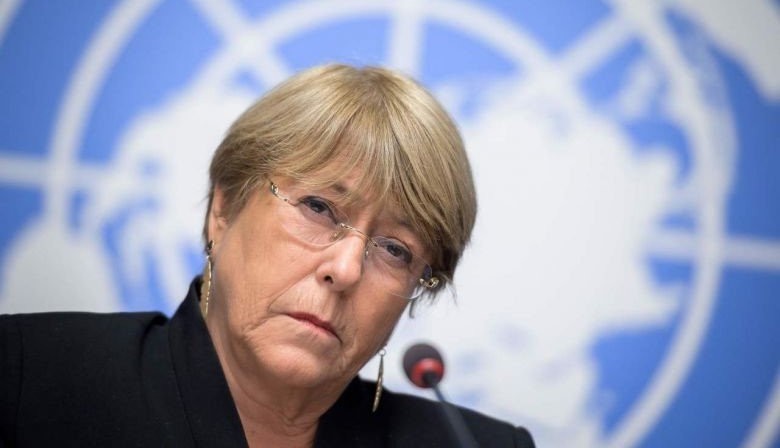
The UN urges the world to stop denying racism and make sure it disappears. A report just released makes it painfully clear that people of African descent continue to suffer greatly from this problem.
“The current situation is untenable,” said Michelle Bachelet, the High Commissioner for Human Rights. She began her investigation a month after George Floyd died in Minneapolis. This black American was murdered in May 2020 by a white cop. The conclusion is that there is an ‘urgent need for action. “Only in this way can systematic racism be uprooted.”
The UN investigation focused in particular on racism and human rights violations committed against people of African descent by the police. It also looked at how governments responded to peaceful anti-racism demonstrations and how victims were treated. The conclusions expressly concern not only North America but also South America and Europe.
The report contains what the researchers call a “long series” of economic, social, cultural and political racism. It happens ‘every day, everywhere, and requires an overarching approach, not just per incident.
Broadly speaking, the UN points out that people of African origin still live in poverty much more often than other population groups. They are also disadvantaged in education and care, the labour market, and looking for a home.
When it comes specifically to the way the police treat them, several things stand out. For example, people of African origin are more often arrested for minor offences, are more often stopped at traffic controls and are more often stopped and searched in the street.
In addition, officers intervene harder in cases in which a suspect’s mental health plays a role. During special operations, the behaviour of the police, such as in the fight against drugs, is also characterized as far too violent.
The research is based on online conversations with more than 340 people, mostly with African roots. Also, 110 written statements were taken, including from governments, and experts were consulted.
